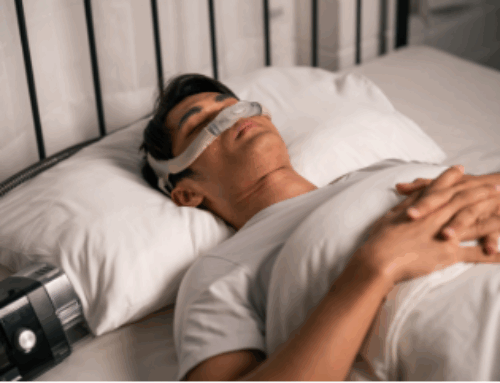Researchers are studying a new therapy to help people with insomnia find restful sleep. The Wake Forest Baptist Medical Center study looked at whether a non-invasive approach that uses musical tones to balance brain activity can ‘reset’ the brain and effectively reduce insomnia.
“The human brain is made up of the left and right hemispheres that work together as parallel processors,” says Dr. Charles H. Tegeler, professor of neurology at Wake Forest Baptist and principal investigator of the study. “When a person undergoes trauma or a major stressor, their autonomic survival responses kick in and the brain can become unbalanced. If those balances persist, symptoms such as insomnia can result.”
The study appears in the November 2012 issue of the journal Brain and Behavior. The study looked at a new technology called high-resolution, relational, resonance-based, electroencephalic mirroring (HIRREM) that uses a system designed to reflect the brain’s frequencies back to itself using musical tones. Vibration between the musical tones and the electrical energy in a person’s brain can bring balance to the two hemispheres of the brain.
Participants that received the HIRREM had a 10.3 point drop in their Insomnia Severity Index (ISI) which measures the severity of sleep disruption using a zero-to-28 point scale, improved insomnia symptoms and clinically moved into a category of ‘no insomnia’ or ‘sub-threshold insomnia.’ The control subjects, continued their existing insomnia treatment without HIRREM, showed no change in ISI. However, when the crossover control group received HIRREM therapy, the results were indistinguishable from those of the original HIRREM group.
Tegeler is planning a larger clinical trial using a placebo to confirm the HIRREM effect and further explore the technology.
Everyone has the occasional night of poor sleep, but for people with insomnia getting a good night’s rest can seem like an eternity. A board certified sleep medicine physician can help by providing cognitive behavioral therapy.





